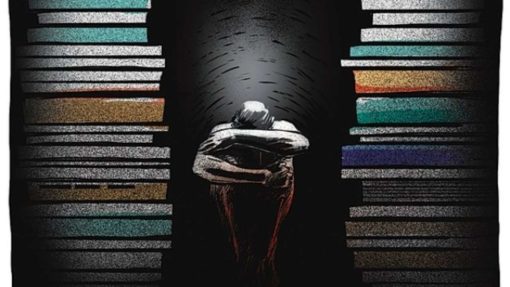
Three students from Tamil Nadu allegedly committed suicide following failure in National Eligibility Entrance Test (NEET) – the entrance examination for the students who wish to study graduate and postgraduate medical courses and dental courses.
The students have been identified as Ritu Shree from Valayankadu in Tirupur district, Monisha from Villupuram and Vaishya from Pudukkottai district.
The students had performed exceptionally well in their board exams. Ritu Shree had scored 490 marks out of 500, while Vaishya had scored about 90% in the standard XII boards exams. Monisha, who scored 720 in the board exams attended special coaching for NEET from Puducherry.
Since the nationwide common entrance exams has been imposed, this is the third consecutive year when the students have reportedly committed suicide over the failure in the exam. So far, five students' suicides have been reported from Tamil Nadu – all of whom were females, belonging to lower socioeconomic stratum.
Of the 1,23,078 students who had appeared, only 59,785 students have cleared the exam in 2019 from Tamil Nadu.
NEET has become a pressing issue in the Southern state. The first suicide reported over NEET was of the Dalit student, Anita from Ariyalur district in 2017. The incident had shaken the state, and students, under the banner of Students Federation of India (SFI), had organised protests across Tamil Nadu. Since then, the government has been arranging free coaching for the NEET aspirants from government schools.
An avid opposition to the NEET has mainly come from states like Tamil Nadu, Andhra Pradesh, Karnataka, Gujarat, etc., which have cited the vast difference between the syllabus proposed by the Medical Council of India (MCI) and the state boards.
Many states like Tamil Nadu have been praised for going to extra lengths in their policies in order to make education available and accessible to majority of the students in the state. Making the vernacular language the medium of instruction is a central feature of this approach of the government.
NEET – experts believe – is affecting the students studying in vernacular languages.
“This is a clear case of exclusion,” said V P Sanu, national president of SFI. “Students coming from poor social and different linguistic backgrounds are being excluded from higher education effectively via NEET. SFI will be at the forefront of protests demanding justice for these victims,” added him.
OPPOSITION TO NEET
The Supreme court had declared NEET as unconstitutional and illegal in 2013; however, in 2016, the Constitution bench reversed this verdict, and allowed the central government and MCI to conduct the exam across the country. The first examination was conducted in 2016 in two phases.
NEET was a crucial poll plank in the recently concluded general elections as well. Majority of the political parties in Tamil Nadu, except for the Bharatiya Janata Party (BJP), made promises in their election manifestos saying that they will exempt Tamil Nadu from the NEET examination.
The late Chief Minister J Jayalalitha had written to the central governments several times against the imposition of the entrance exam. In one of her letters addressing the NDA government, she had written, “Tamil Nadu strongly objects to any such purported fresh attempts by the Government of India to review the judgement of the Supreme Court seeking re-introduction of NEET or by introducing it in any other name or manner, as it infringes upon the State’s rights and admission policies to medical institutions in Tamil Nadu.”
She also reminded the PM of the Tamil Nadu government’s “consistent stand that rural students and students from poorer socio-economic backgrounds were unable to compete with urban elite students in such Common Entrance Examinations, which are designed to favour the urban elite.”




